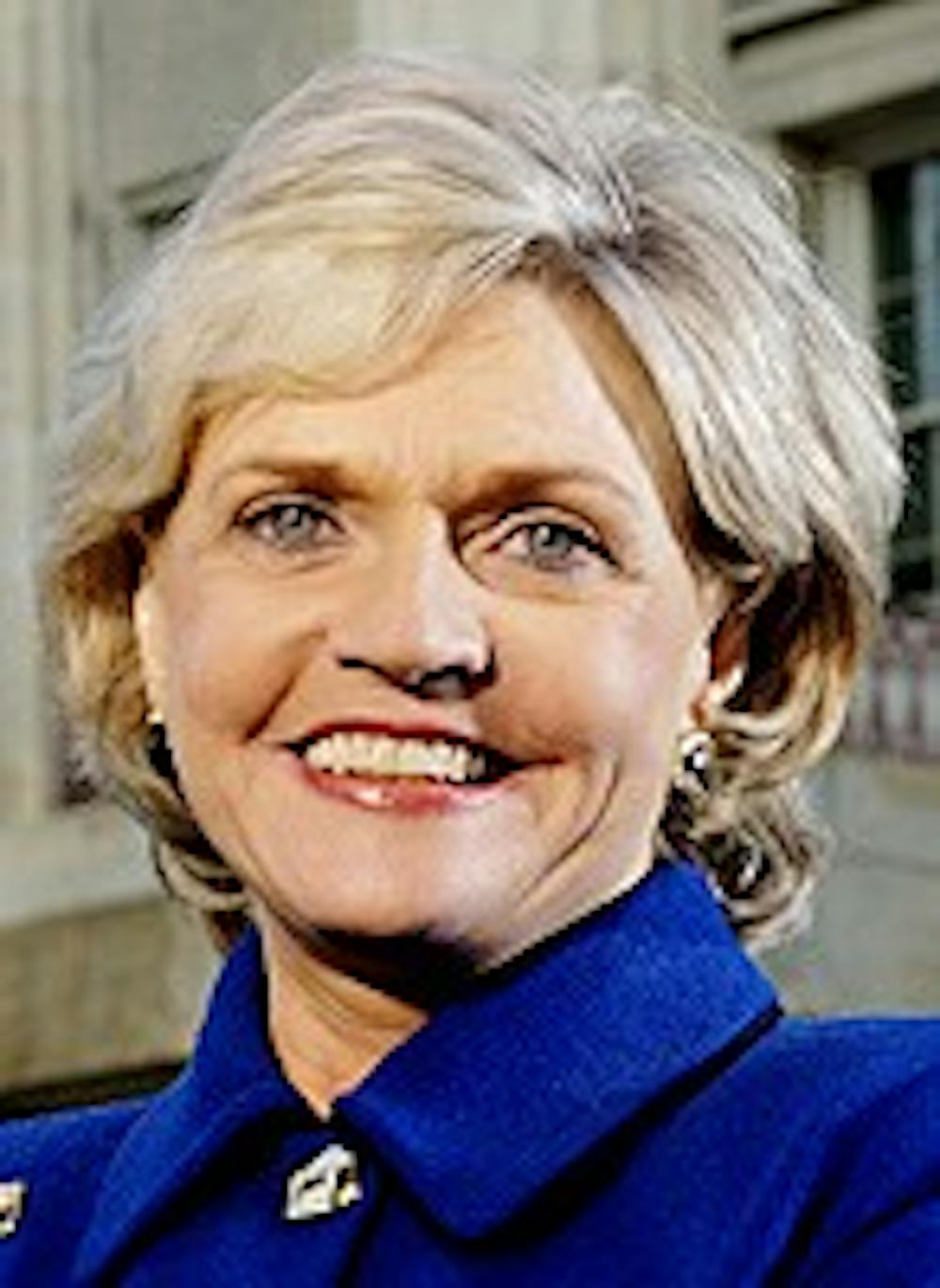It was a time when N.C. was in the throes of the Great Recession. The state unemployment rate was at 9 percent when Perdue assumed office, and it rose to 11.4 percent in a year.
“I think the first thing you have to say is this period of economic distress hovered over the governorship. She became governor at a very difficult time,” Guillory said. “She got elected at a time when the state was polarized.”
‘The veto governor’
Perdue quickly started losing voter support as her term progressed.
A campaign finance scandal in 2010 raised ethical questions about her administration. And in the midterm election, Republicans took control of both chambers of the N.C. General Assembly for the first time in 112 years.
“She had a hostile legislature that wanted to take the state in a different direction,” said Gary Pearce, a Democratic state political consultant. “That was more of a reflection on the national political climate, not a referendum on her. But she had to pay the price.”
With the N.C. economy still struggling, the legislature and Perdue grew increasingly distant on issues.
“Instead of trying to find areas of common ground, she instead picked fights on issues that didn’t seem politically advantageous to her,” Kokai said. “She vetoed bills that were popular with the North Carolina public.”
Perdue has vetoed at least 20 bills as governor. Eleven were overridden by the Republican legislature.
“The second half of her term, she became the veto governor,” Guillory said. “She didn’t run to be the veto governor, but that’s what she became.”
Kokai said Perdue stuck with her “hardcore” voter base instead of trying to work together with Republicans.
“There were opportunities for her to do that, for her to work more closely with the legislature,” he said.
Perdue, who ran on a pro-education platform, worked closely with the N.C. Association of Educators throughout her term, said the group’s president, Rodney Ellis.
To get the day's news and headlines in your inbox each morning, sign up for our email newsletters.
“I think she did the best that she could, given the challenges she had with the legislature,” Ellis said. “There’s always an intent to do better and a wish to do better, but I think at the end of the day, she did the best she could.”
He said Perdue was instrumental in expanding the state’s pre-K program for at-risk children. Perdue also advocated for increased funding for the UNC system.
“We were also very pleased to see her stand up — courageously, in my opinion — against a budget that would have harmed education,” he said.
Perdue vetoed the 2011 and 2012 state budgets, which Republicans quickly overrode. Kokai cited these as instances when Perdue could have made a difference by working with the legislature.
“An overarching theme, especially in the last two years, was missed opportunities,” Kokai said.
“Beverly Perdue never found the right balance of working with Republicans and fighting with them.”
In June, left-leaning polling firm Public Policy Polling found that Perdue had a 59 percent disapproval rating.
“Some of that was unfair,” Guillory said. “She was trying to prevent what she saw as damage being inflicted by the Republican Party. You’ve got to give her credit for … crafting a state government that sought to sustain the continuation of policies that have led to North Carolina’s progress.”
The end of an era
Perdue shocked the state when she announced she would not run for re-election.
“She’s going to stand out as a single-termer,” Pearce said.
Although analysts say that Perdue had a chance in this election with her incumbency advantage, it would have been a long, bitter fight.
Kokai said the race would have been closer with Perdue contesting McCrory, rather than Lt. Gov. Walter Dalton.
“She had her experience running against McCrory,” he said. “But the poll numbers were trending toward McCrory when Perdue was the potential nominee.”
Now, as the final days of Perdue’s term tick away, speculation turns to her next move.
Once picked by The New York Times as a future potential presidential candidate, most political analysts agree that Perdue’s career as an elected official has ended.
But there is talk of Perdue, age 65, being picked for an administration post by President Barack Obama, who Perdue got to know during the 2008 campaign season.
But Pearce said he thinks Perdue would prefer to remain in North Carolina.
“I could see her as a teacher,” he said. “She’d be a fascinating person to learn from, and I think a lot of people in Chapel Hill or elsewhere would like that.”
Perdue already hosts dinners with students from colleges around the area.
Carol Perry, a third-year UNC-CH journalism graduate student, attended a dinner before the election. She said the discussion focused on the undecided voter profile.
“(Perdue) asked a lot of questions,” Perry said. “She was really seeking to learn more from the people who were there. It seemed like a meeting of scholars rather than something that was very partisan or political.”
Kokai said he could see Perdue holding a systemwide professorship or spearheading an education initiative at a think-tank or within the UNC system.
Whatever her next move, Guillory said he thinks Perdue will stay engaged.
“She could certainly serve as a role model for leadership,” he said. “We need people like Beverly Perdue.”
Contact the desk editor at
state@dailytarheel.com.



